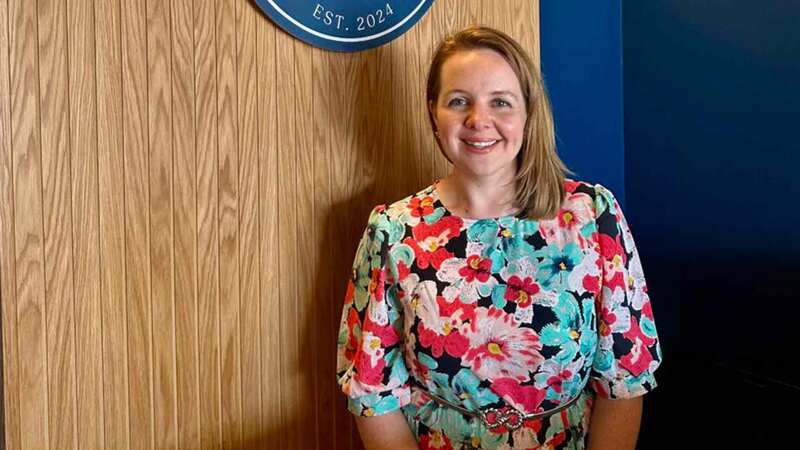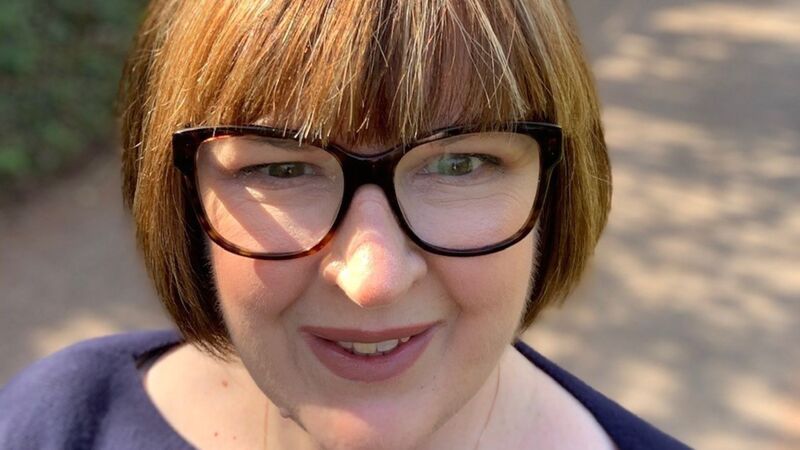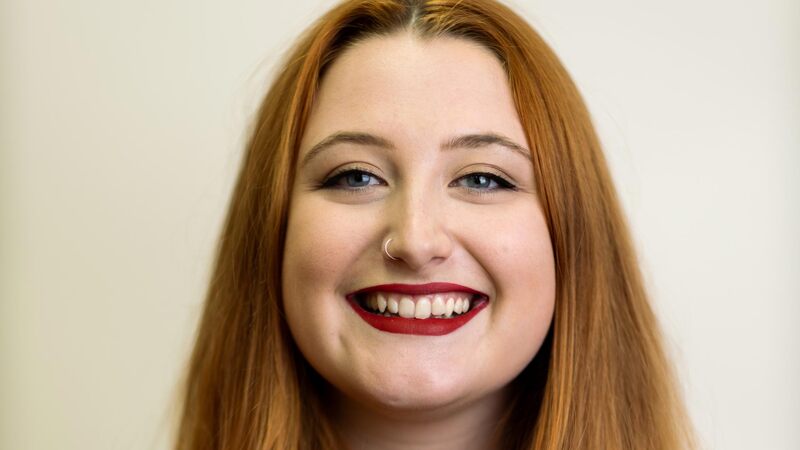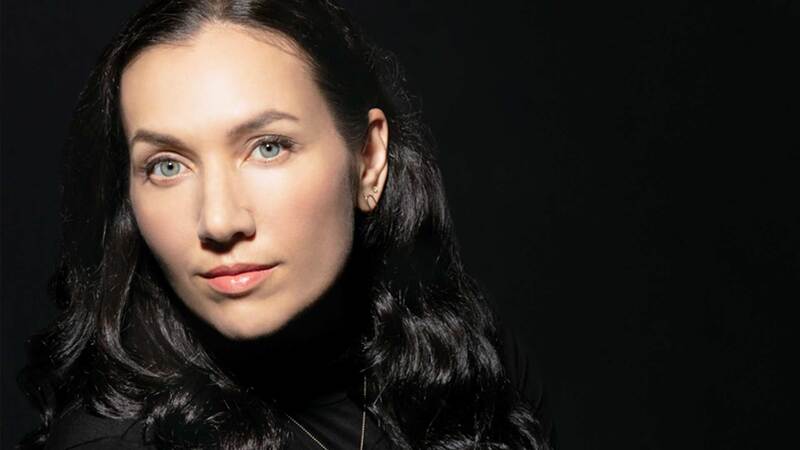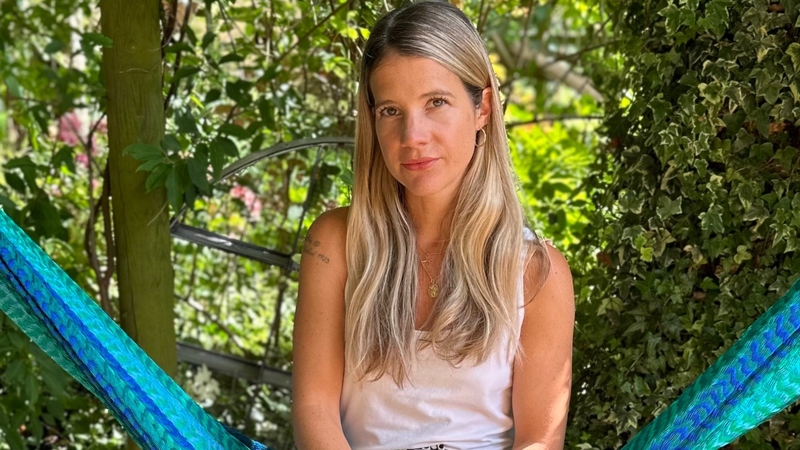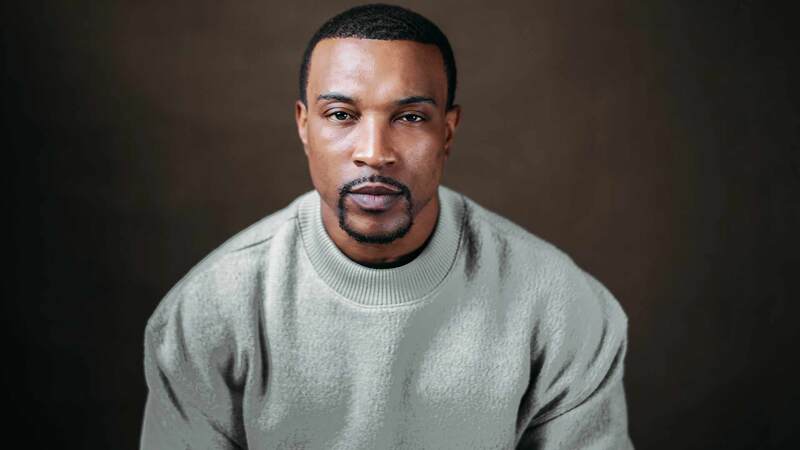You are viewing your 1 free article this month. Login to read more articles.
CUP signs 'landmark' global history of espionage
Cambridge University Press has commissioned a three-volume global history of intelligence from the ancient world to present-day cyber-espionage.
The Cambridge History of Espionage and Intelligence has been commissioned by CUP’s Bethany Thomas, with Christopher Andrew (pictured), Emeritus Professor of Modern and Contemporary History at the University of Cambridge, and Dr Calder Walton of the Kennedy School of Government at Harvard University, heading up the international editorial team. The team will include both historians and ex-intelligence practitioners from the US, the UK and Europe.
The three-volume history, to be published both in print and digitally, will aim to show how the use of intelligence and intelligence agencies has been present throughout history, from biblical times to the cyber-warfare of the present day; how the gathering of intelligence and its use, or in some cases, its misuse, has provided the background to conflicts and international relations throughout history; and how recent global events have foregrounded the way in which modern intelligence-gathering remains an important if shrouded feature of the international landscape.
The first volume will explore the problems of intelligence history, the ethics of intelligence and the notion of secrecy, and will cover the period from ancient times to the Renaissance. Volume Two will cover the Renaissance to the First World War, and Volume Three will explore the period from the First World War to the present day.
Thomas said: “We are incredibly excited to be publishing this timely and landmark project. The history of intelligence has been fascinatingly non-linear, perpetually under-studied, and has never been more relevant. This unprecedented study will seek to be the most comprehensive and authoritative history of the subject to date. There is no-one better qualified to bring it to fruition than Professor Andrew, Dr Walton and their team. The Cambridge History of Espionage and Intelligence will be the go-to work for decades to come.”
Professor Andrew and Dr Walton commented: "We are thrilled to be publishing this pioneering project with Cambridge University Press. It is highly appropriate that Cambridge should be doing so: from the time when Britain first became a global leader in intelligence, during the Tudor period, some of Britain's most successful intelligence chiefs came from Cambridge. This continued during the twentieth century. However, in the middle of that century, Cambridge was also an unusually cosmopolitan intelligence recruitment ground: in 1945, it was producing spies for both sides of the future Cold War. We are excited to explore these chapters, and numerous others, in what will be the most authoritative collection of experts ever assembled to write about intelligence history".
The complete three-volume history is planned for publication in 2022.





